Steps towards The Reckoning
Last week, I spent a few days at the Maxim Gorki Theatre in Berlin working on The Reckoning production with my co-writer and colleague Anastasiia Kosodii.
This was our second intense burst of writing and research but our first in person and it was joyous to be able to get to know each other and establish a working relationship that wasn’t bound by the limitations of zoom. We could take coffee breaks together in Gorki’s beautiful sunlit garden oasis and even visit the treasures of the Pergamon Museum during our lunch break before it closes for a major 4 year renovation. It was interesting to note how much more productive we could be in person and how much easier it was to navigate towards common ground on some of the more difficult areas of conversation around a shared dramaturgical vision when we could pick up each other’s body language and laugh together.
Back in July we created a longlist of the witnesses on whom we wanted to focus and made some decisions on common themes we felt were particularly striking. Last week, we started to piece together the dramaturgy, working with a finessed shorter list of witnesses. There was a little jockeying over which ones we’d keep and some sadness at having to leave extraordinary individuals out of the final script including a brave young woman who explained how she’d confronted armed Russian soldiers to save her brother from arrest and an individual whose prized flat was destroyed by shelling as window glass fell around her. But largely we were in clear agreement on who needed to be in our play.
My experiences with co-writing Songs for Babyn Yar and directing Crimea 5am, alongside all the research into documentary and verbatim theatre that I’ve had the privilege to experience over the last few years, have informed what I feel might work with The Reckoning. There’s a great deal of absolutely brilliant moving verbatim theatre at the moment. The National Theatre’s Grenfell being a perfect case in point. But sometimes, verbatim theatre can feel disjointed and hard to engage with - a series of monologues on similar themes delivered back to back.
The Reckoning is particularly powerful because every single individual involved with the gathering, analysis and legal preparation of evidence of war crimes is vitally committed to the cause. Every person that Anastasiia and I have met and spoken to as part of our research has a powerful story to tell and a very personal motivation for being part of the project. The journalists who conduct the interviews with the witnesses often live locally to the location where the crimes took place, have firsthand experience of the war, occupation and displacement and have developed long-term relationships with the witnesses they interview. The analysts and lawyers who are training the journalists on what information to gather, reading and analyzing the interviews, sifting through the evidence, compiling data for the courts are Syrian. They have been working on war crimes prosecutions against the Russians in Syria and now in Ukraine for the last 10 years.
And as a result this is an intricately built passionate team. There are relationships at the heart of our story - conversations between analyst and journalist, journalist and witness which inform and change experiences. We have the potential to share these relationships and through doing that create tension and drama. We’re treading with care and seeking permission from all, aware that these are real people’s scarred lives. We hope that we will do them justice whilst they are working for justice on behalf of so many.

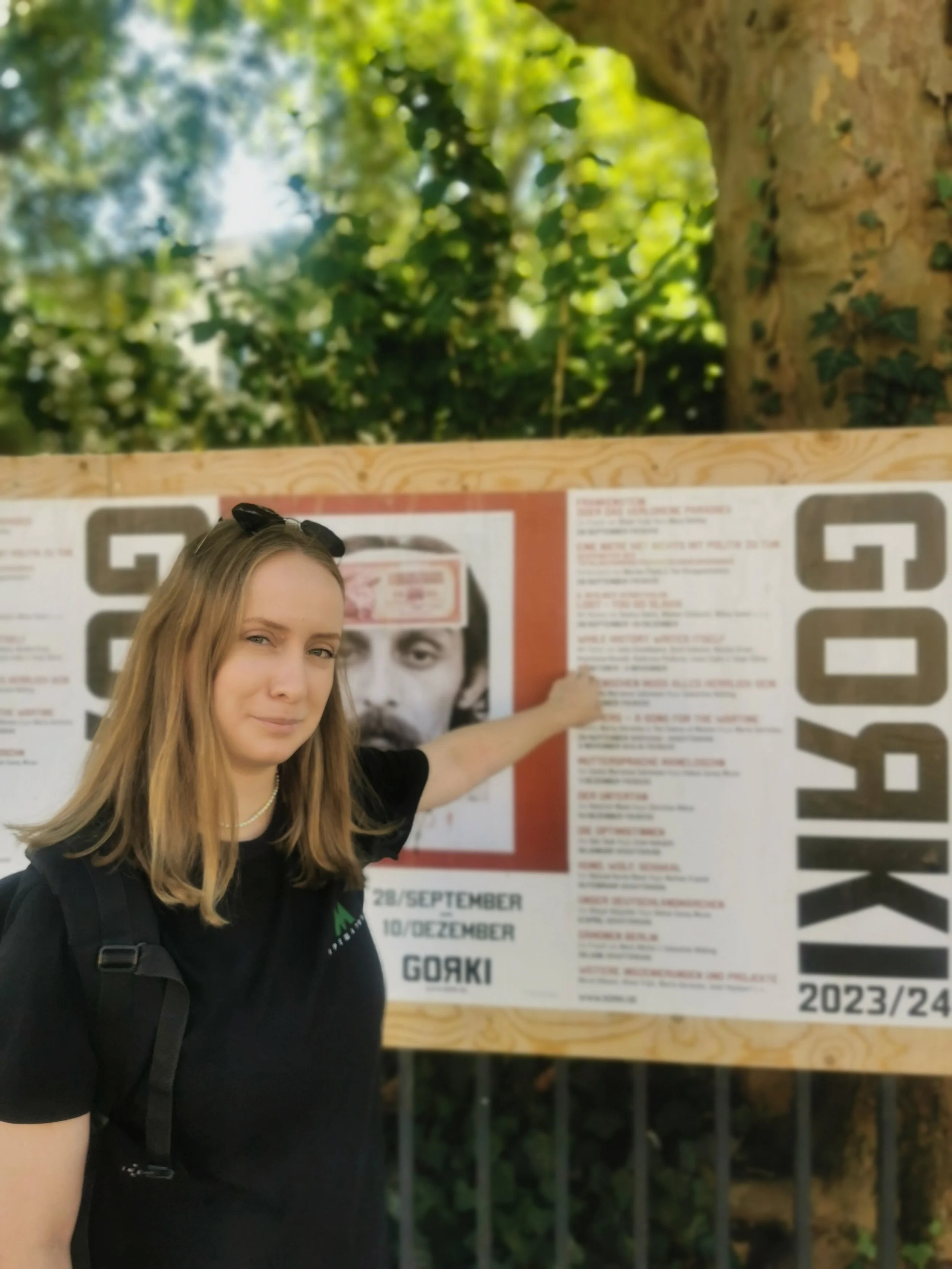
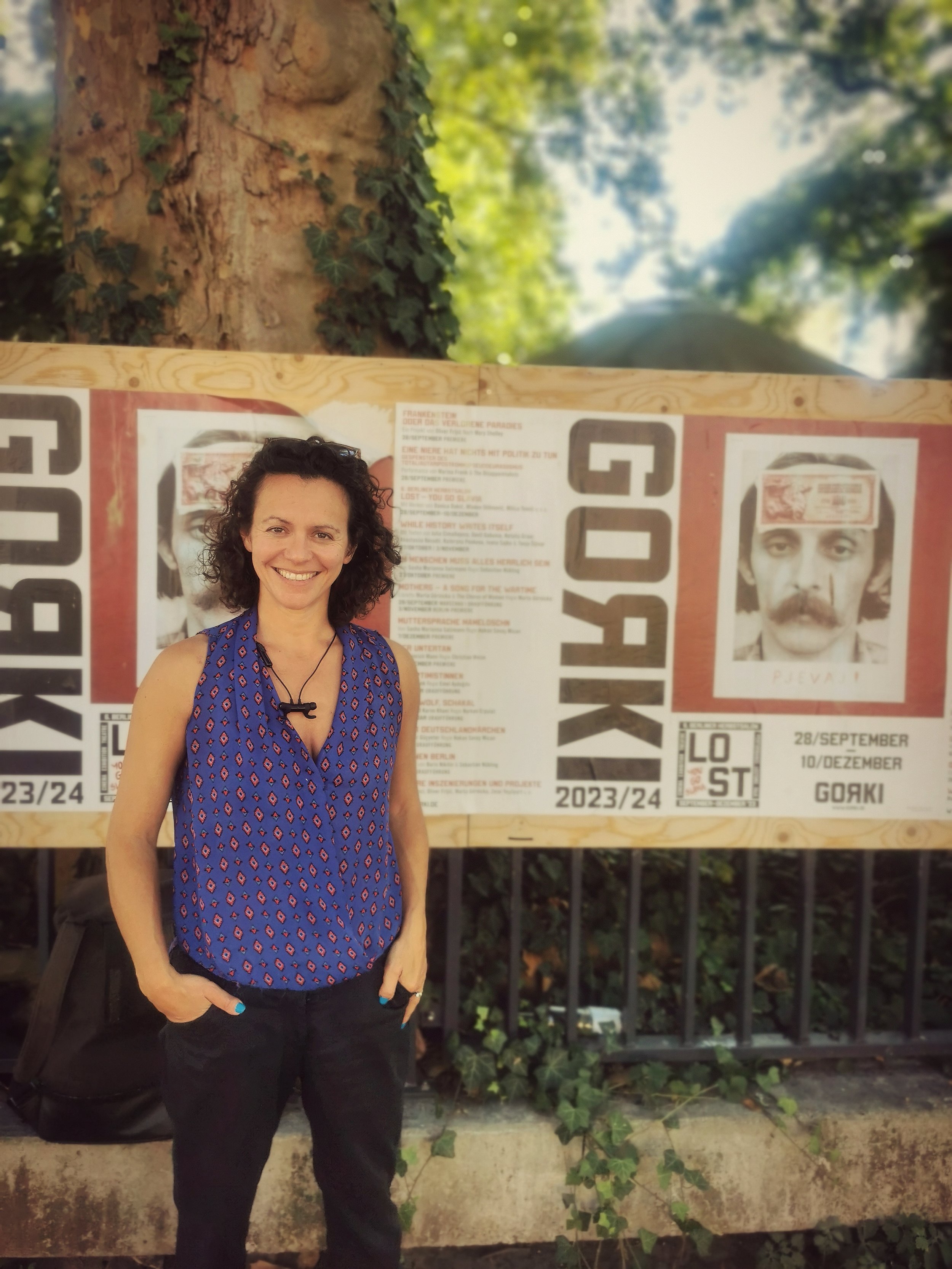
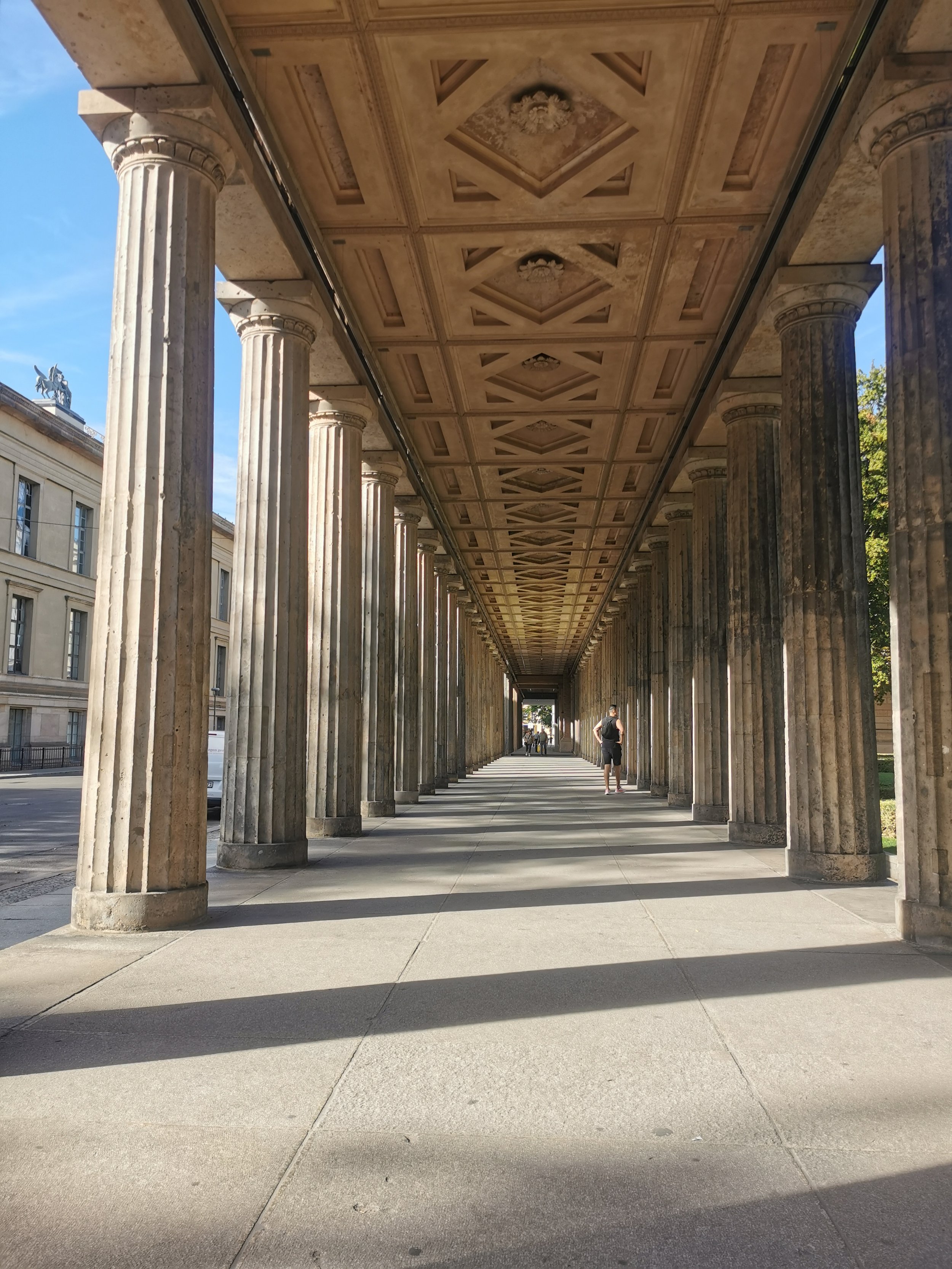
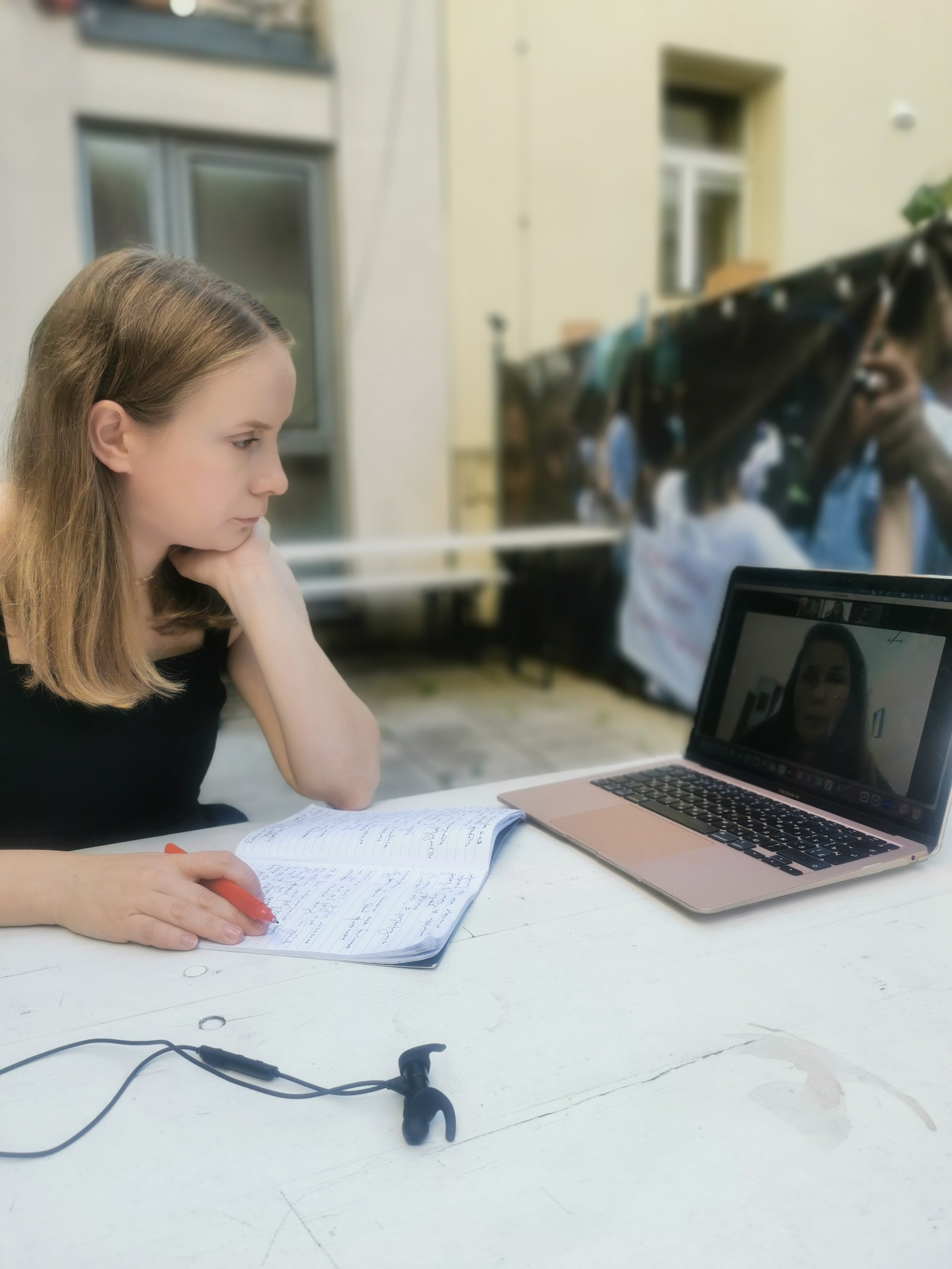
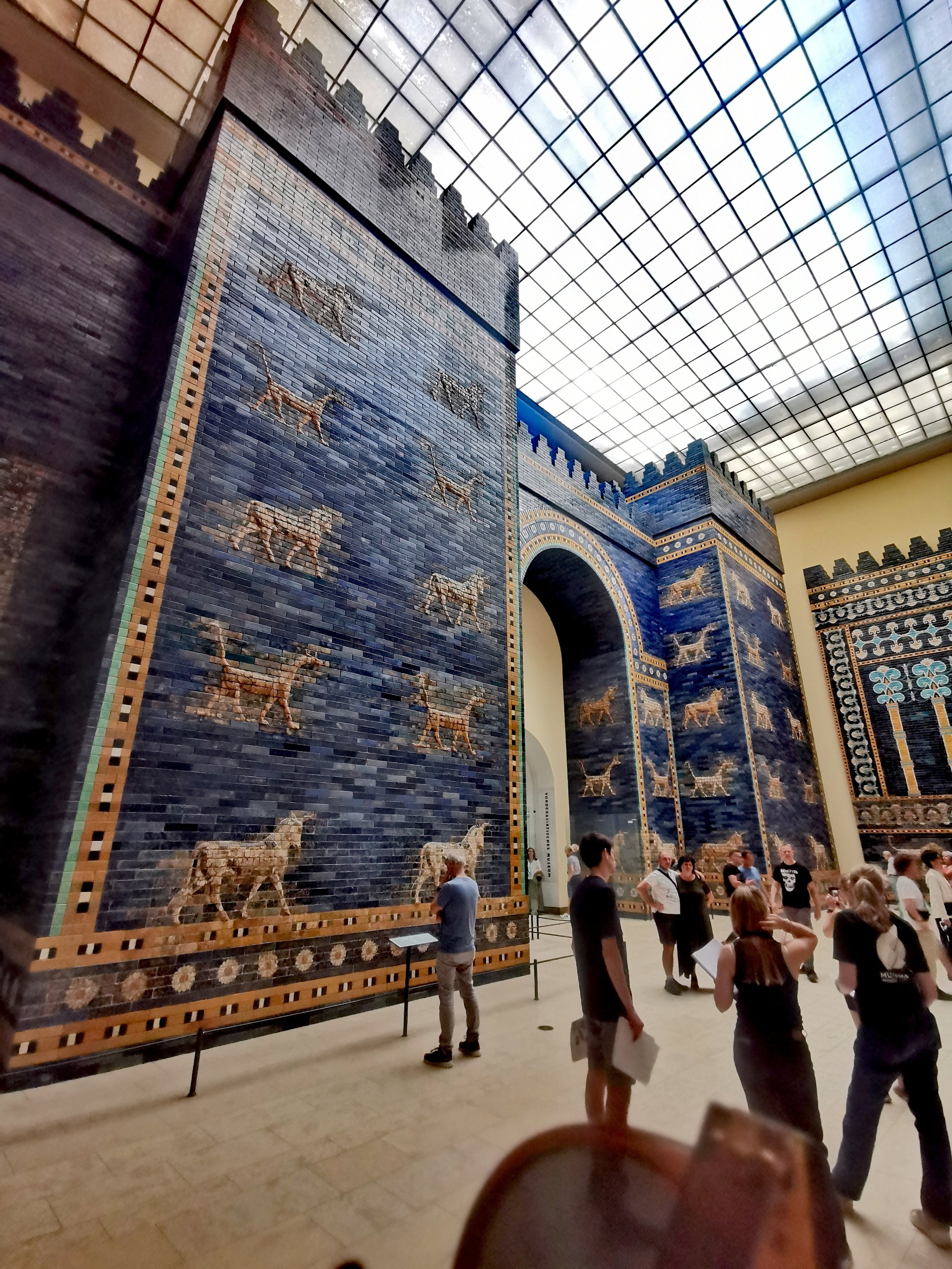









It didn’t happen overnight, but looking back, I can see how Dash Arts’ work has become more and more entwined with academia. What started as the occasional conversation with a scholar has grown into deep, collaborative partnerships that have opened up new dimensions in my own practice as a theatremaker, shaping how I approach storytelling, character, and world-building. These partnerships have helped us push the boundaries of our work, making it more informed, resonant, and collaborative.